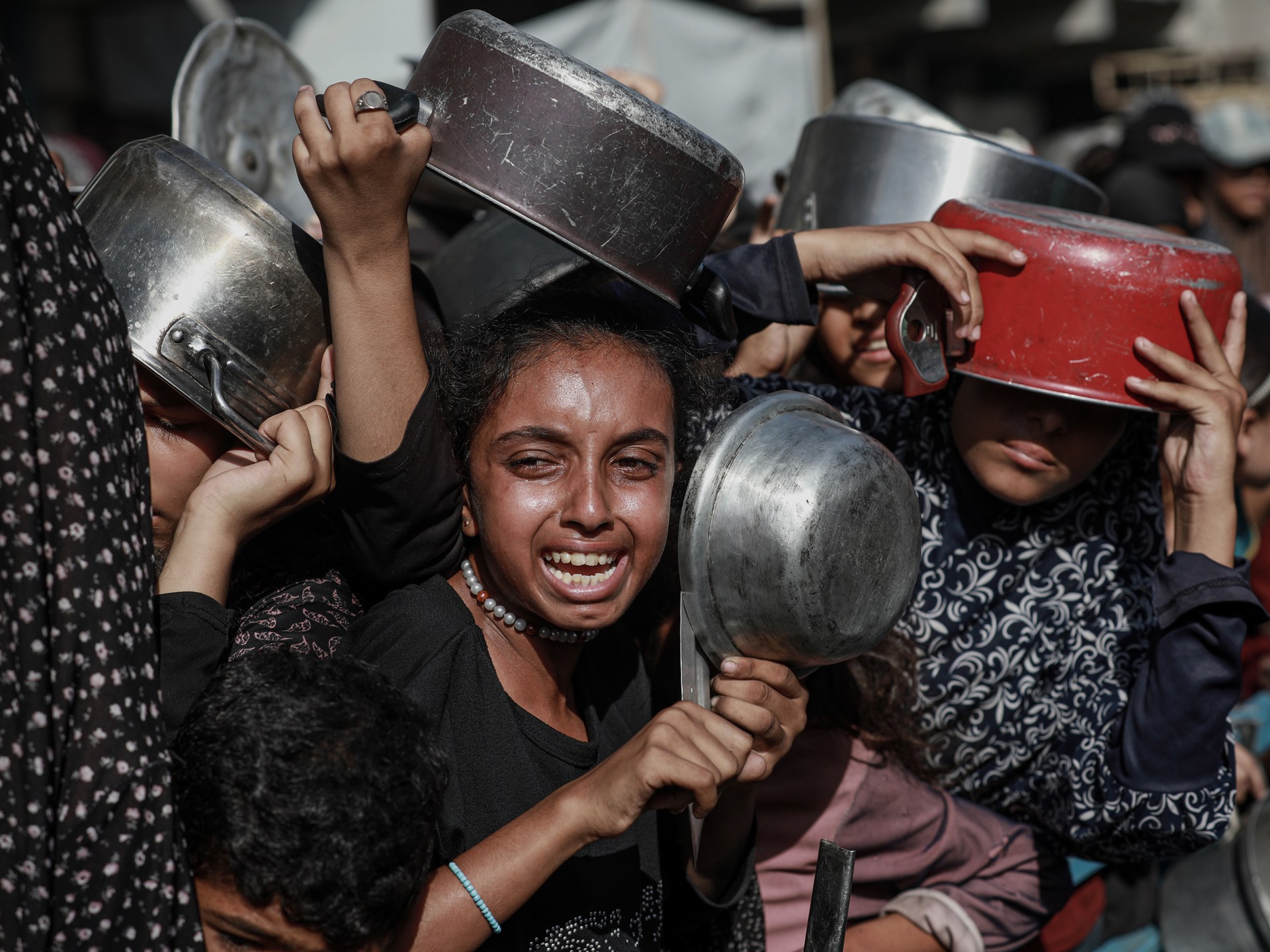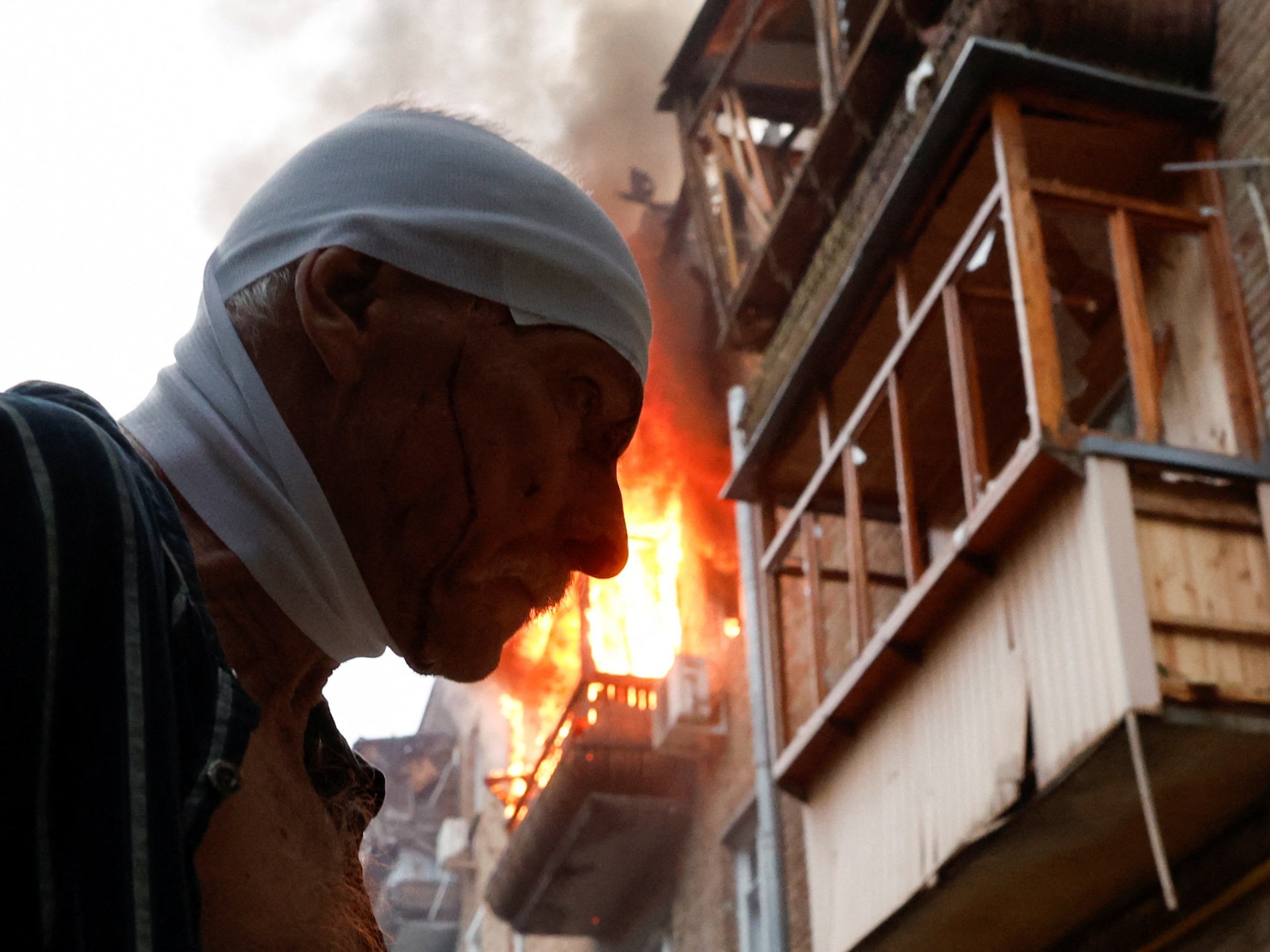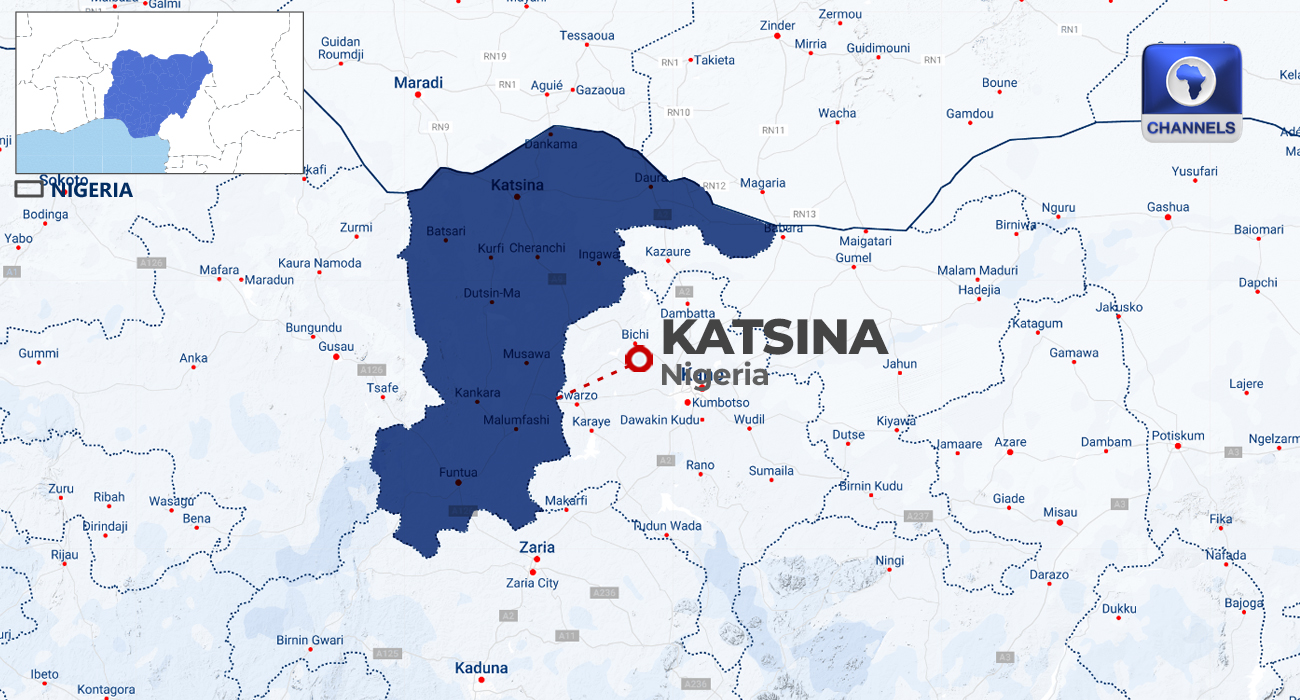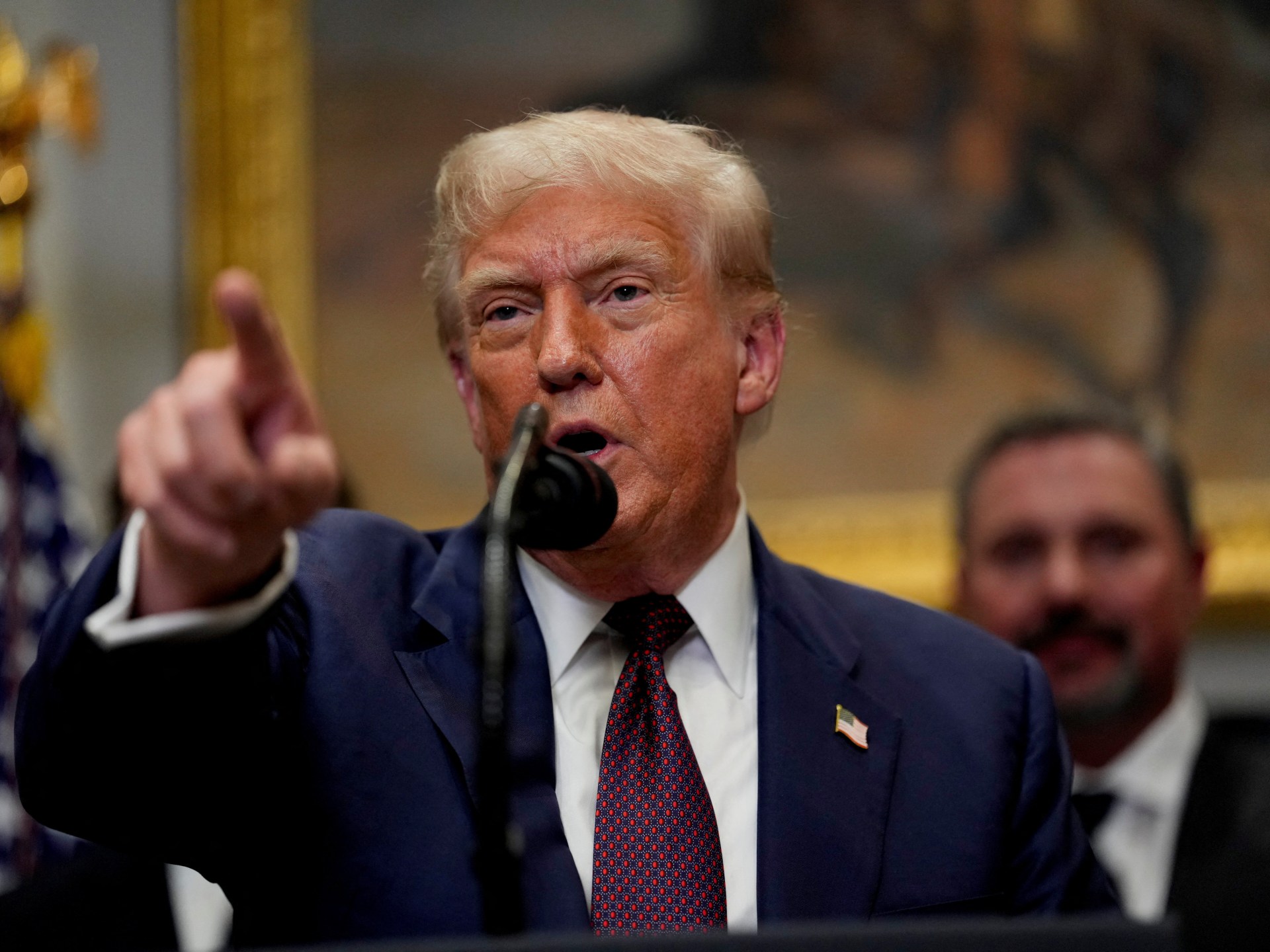As Israel’s condemnation of famine in Gaza grows and more than 1, 000 desperately hungry Palestinians have been killed since May at food distribution centers run by the infamous US- and Israeli-backed GHF, Witkoff and US Ambassador to Israel, Mike Huckabee, will travel to Gaza on Friday to inspect aid distribution.
On Thursday, White House Press Secretary Karoline Leavitt announced that Witkoff would visit “distribution sites and secure a plan to deliver more food and meet with local Gazans to hear firsthand about this dire situation on the ground.”
According to Leavitt, the special envoy and the ambassador will immediately communicate with the president in order to approve a final plan for the distribution of food and aid throughout the region.
The top US envoy’s visit comes a day after more than 50 Palestinians were killed in Israeli-led attacks in the area. Health officials also confirmed that 89 children had died in recent weeks, adding to the confirmed death toll of 154 people from “famine and malnutrition” in Gaza.
According to the Israeli leader’s office, Witkoff and Netanyahu met shortly after his arrival in Israel on Thursday.
President Trump earlier this week refuted Netanyahu’s claim that Gaza’s reports of hunger were false, with the US leader claiming that the region was “real starvation”.
The Israeli military’s blockade of humanitarian aid was cited by the UN and independent experts, who had been warning about starvation in Gaza for months. This week, they announced that “famine is now unfolding.
The United Kingdom, Canada, and Portugal became the latest Western governments to announce plans to recognize a Palestinian state this week after Israel denied providing aid and continued attacks on Gaza’s population.
Following Spain, Norway, and Ireland’s lead, French President Emmanuel Macron announced last week that France would support the recognition of Palestine at the September UN General Assembly.
Out of the 193 UN members, 142 nations currently or intend to recognize a Palestinian state.
German Foreign Minister Johann Wadephul said, “the humanitarian disaster in Gaza is beyond imagination,” after meeting with Netanyahu on Thursday in Jerusalem.
He urged the Israeli government to act quickly, safely, and effectively to provide humanitarian and medical aid to stop widespread starvation.
“It seems to have been understood today,” I believe.







